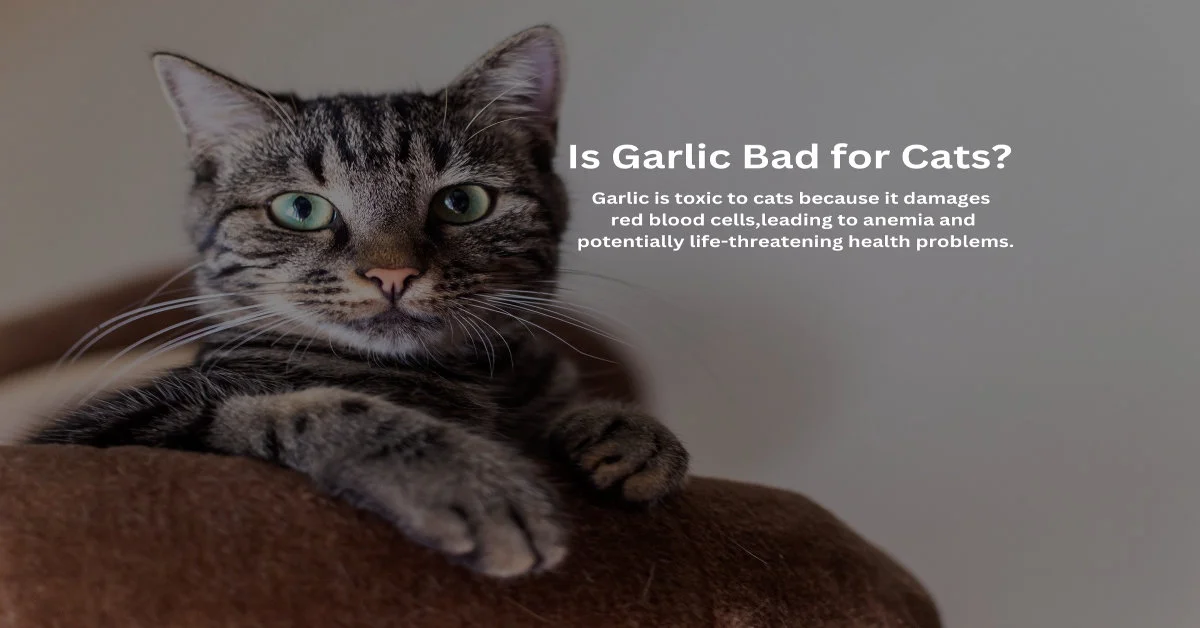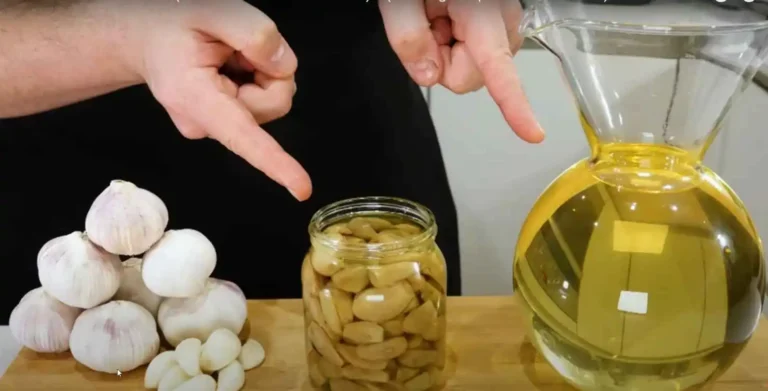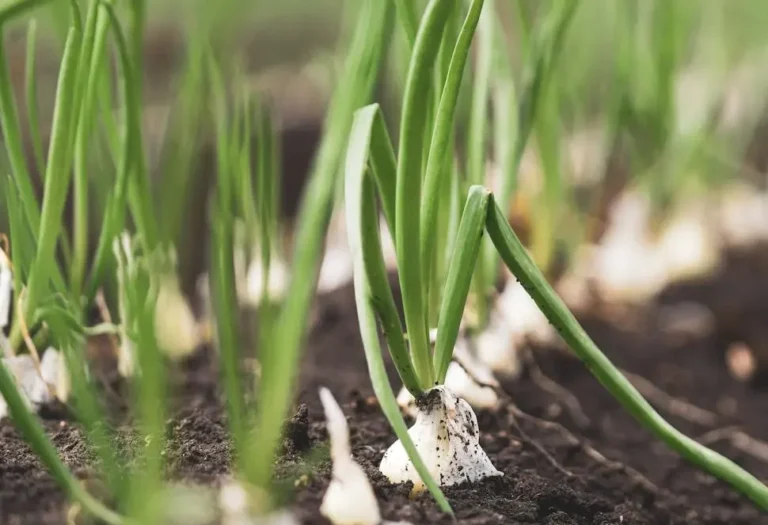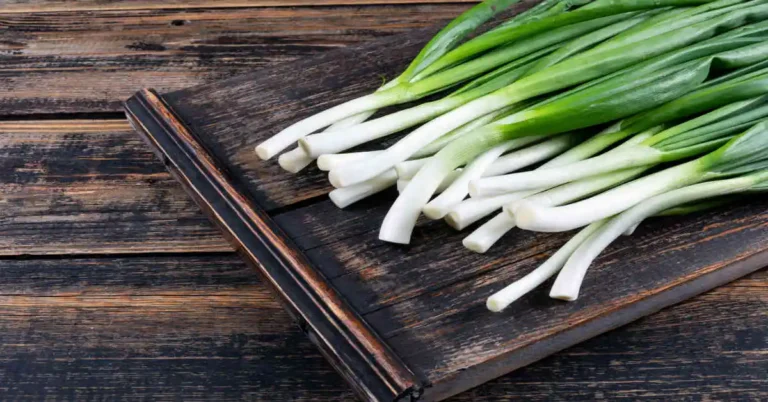Is Garlic Bad for Cats- Symptoms, Causes and Treatments
Garlic is most commonly used condiments in every kitchen. Many people consider it a natural remedy for preventing heart disease, high cholesterol, high blood pressure, and even some cancers. They also believe it can keep fleas away.
However, these potential medicinal health benefits are not effective for our pets. Garlic can be very risky to our lovely cats. If they eat a significant amount of garlic and are not treated in time, it may lead them to severe health risks and even death. Therefore, if you want to see your cats healthy, keep garlic out of their reach.
Read more to learn Is Garlic Dangerous for Cats, how to recognize signs of garlic poisoning, and what to do if your cat has eaten enough garlic. Additionally, this given information will help you understand how to treat your cat and aid in their fast recovery.
Is Garlic Bad for Cats?
Garlic can be a toxic treat for your cats because it contains toxic compounds called sodium n-propyl thiosulfate. These harmful compounds can cause the red blood cells circulating throughout the entire body to become fragile and burst. This results in hemolytic anemia, Heinz body anemia, and methemoglobinemia, which are all manifestations of damage to red blood cells. This damage makes it hard for their blood to carry oxygen, which can lead to serious health problems.
According to veterinary nutritionist Dr. Marge Chandler, “Garlic is toxic for cats and can result in a fatal anaemia.”
Anemia means the body lacks enough healthy red blood cells to carry oxygen effectively. This can result in fatigue, weakness, shortness of breath, organ failure, and even death.
Severe garlic poisoning in pets can be life-threatening. If your cat ingests enough garlic, take them to the vet immediately for a medical check-up. Do not wait for symptoms.
Symptoms of Garlic Poisoning in Cats
Symptoms of garlic poisoning may not appear immediately. It may take 2-4 days in most cases. Below, a list of garlic poisoning signs is mentioned:
- Nausea
- Drooling
- Stomach pain
- Pale gums and mouth irritation
- Weakness
- Lethargy
- Diarrhea
- Vomiting
- Fatigue
- Depression
- Panting
- Collapse
- Abdominal pain
- Pale pink, white, or pale yellow gums
- Discolored (red or brown) urine
- Increased respiratory rate
- Increased heart rate
Even if your cats have accidently consumed garlic or any product that contains garlic. It is recommended to not wait for symptoms and contact a veterinarian as soon as possible.
What to Do in Case of Garlic Poisoning
If you notice any of these symptoms in your cat or find evidence of garlic ingestion by your cat, call the veterinarian immediately and schedule a full exam. The vet will be able to assist you and help your feline friend with any problems they might have.
In the first step, a vet may perform a complete blood count and all other necessary tests. Depending on how long has passed since the garlic was consumed, they might also induce vomiting or perform a gastric lavage (stomach wash) to eliminate the toxin from the stomach. Unfortunately, inducing vomiting is often difficult and unsafe for cats, so your vet will discuss other decontamination options with you.
After this, your cat will probably need medication, fluids (IV or sub-Q fluids), and vital sign monitoring, so they might spend some time at the vet’s clinic.
It is important to point out that the treatment usually depends on the severity of the situation and the quantity of garlic consumed. Therefore, it will vary for each individual case.
Although sharing your food with your feline might boost your relationship and help you bond with them. It is crucial to know which foods are safe and which are not.
How Much Garlic Is Toxic to Cats?
Garlic is much more poisonous (about 5 times) to cats than onions. The severity level of garlic poisoning in cats depends on their size, age, weight, health, and type of breed. In most cases, a single clove can be enough for a cat. Cats are more sensitive to garlic poisoning than dogs.
An average-size cat (10–12 pounds) less than one small clove of garlic (say, 4–7 grams) can be enough to result in severe toxicity. This implies that less than half a teaspoon of minced garlic or less than 1/8 teaspoon of garlic powder can be harmful to cats. It might be difficult to determine the exact quantity of garlic in cooked or pre-prepared food. So, if your cat eats garlic or any garlic-containing products, you should take them to the vet immediately.
FAQs
Q1. How do vets treat garlic poisoning?
It depends on time, if ingestion has occurred within a few hours of treatment, the veterinarian may induce vomiting. After vomiting is controlled, activated charcoal may be administered.





